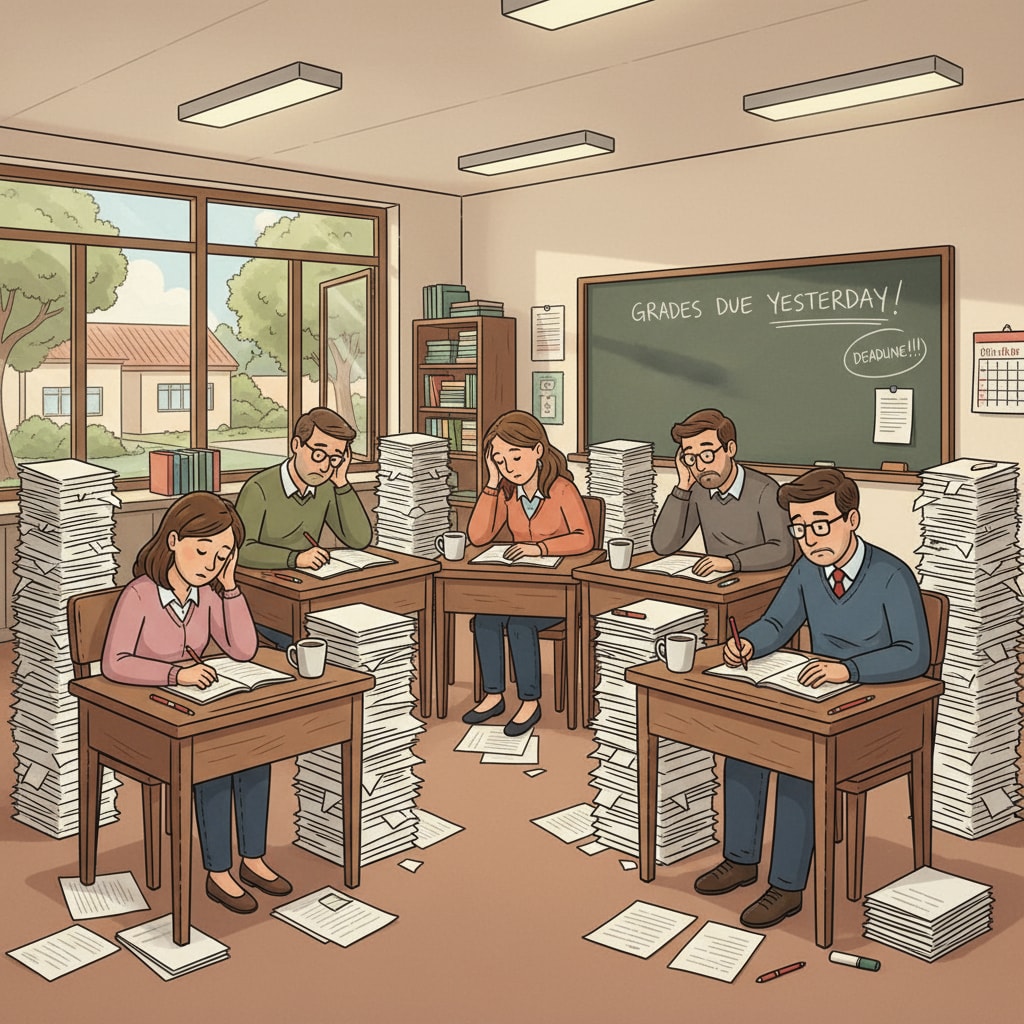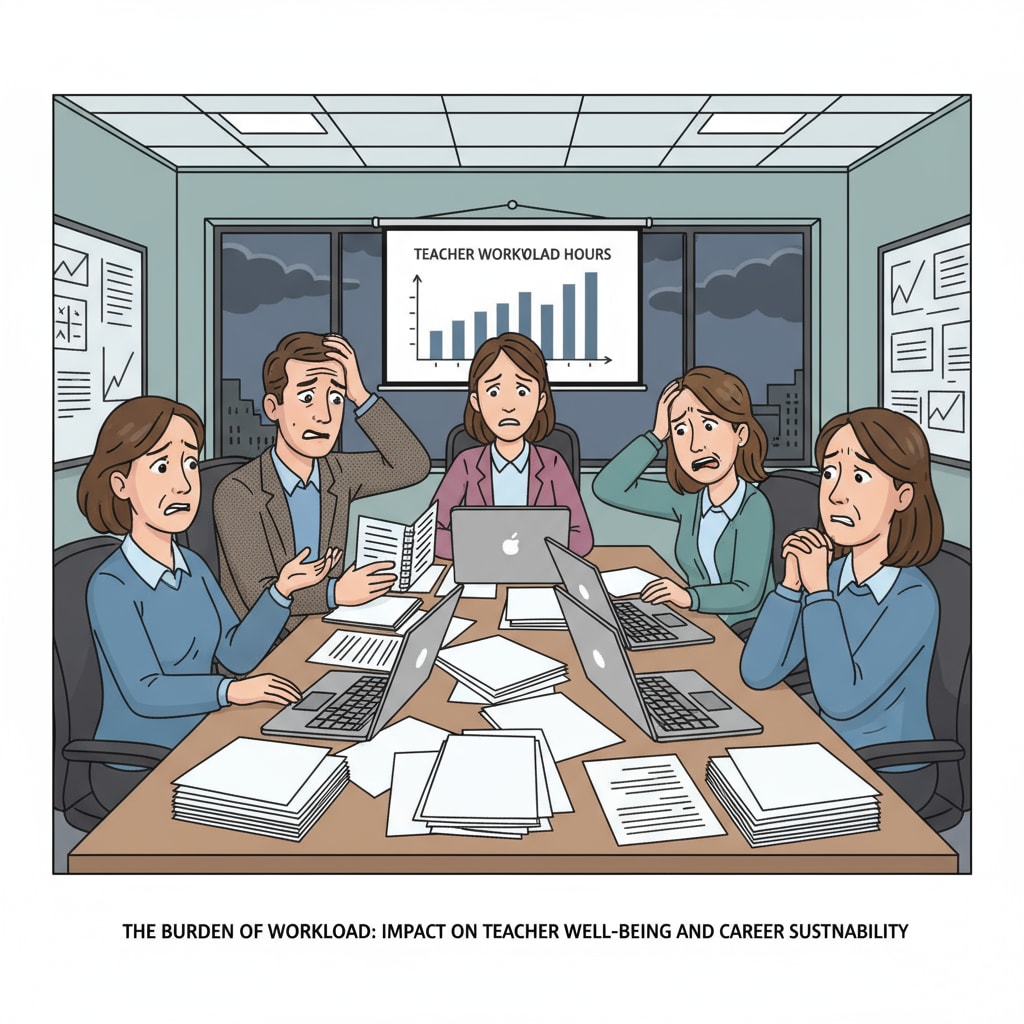Teacher burnout, excessive workload, and career planning are crucial issues that are currently plaguing the teaching profession. In recent years, the teaching environment has undergone significant changes, placing an increasing burden on educators. This has led to a rise in teacher burnout, a phenomenon that not only affects the well-being of teachers but also has implications for the quality of education provided.

The Burden of Excessive Workload
One of the primary causes of teacher burnout is the excessive workload. Teachers today are not only responsible for delivering lessons in the classroom but also for a multitude of other tasks. These include preparing detailed lesson plans, grading assignments and exams, providing individual tutoring, and participating in various school meetings and activities. For example, according to the National Education Association, many teachers spend hours outside of regular school hours just to keep up with their work. This heavy workload leaves them with little time for self-care and relaxation, gradually wearing them down.

The Impact on Career Planning
The excessive workload also has a detrimental impact on teachers’ career planning. When teachers are constantly overwhelmed with day-to-day tasks, they have less time and energy to focus on their long-term professional development. This can prevent them from pursuing further education, attending professional training workshops, or taking on leadership roles within the school. As a result, their career progression may be hindered, leading to feelings of frustration and disillusionment. In addition, the lack of a clear career path can contribute to the sense of burnout among teachers.
To address these issues, it is essential for the education system to take proactive steps. Firstly, school administrators should review and adjust the workload of teachers to ensure it is reasonable. This could involve reducing unnecessary administrative tasks and providing more support staff to assist teachers. Secondly, schools should invest in professional development opportunities for teachers, offering them a clear career path and incentives for growth. By doing so, teachers will feel more valued and motivated in their careers.
Readability guidance: In this article, we have seen how excessive workload contributes to teacher burnout and impacts career planning. By understanding these issues and taking appropriate measures, we can create a more supportive environment for teachers, ultimately benefiting both educators and students. Transition words like “firstly” and “secondly” help to organize the suggestions clearly. Short paragraphs make the content more digestible, and the use of examples and external links adds credibility to the discussion.


